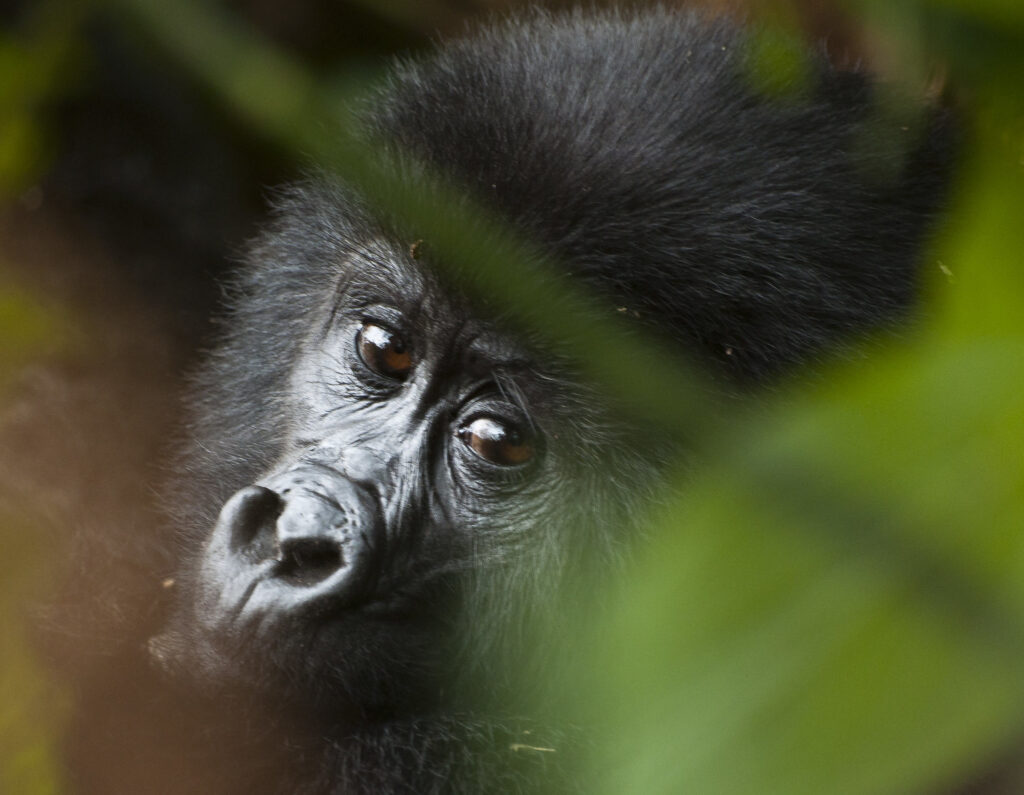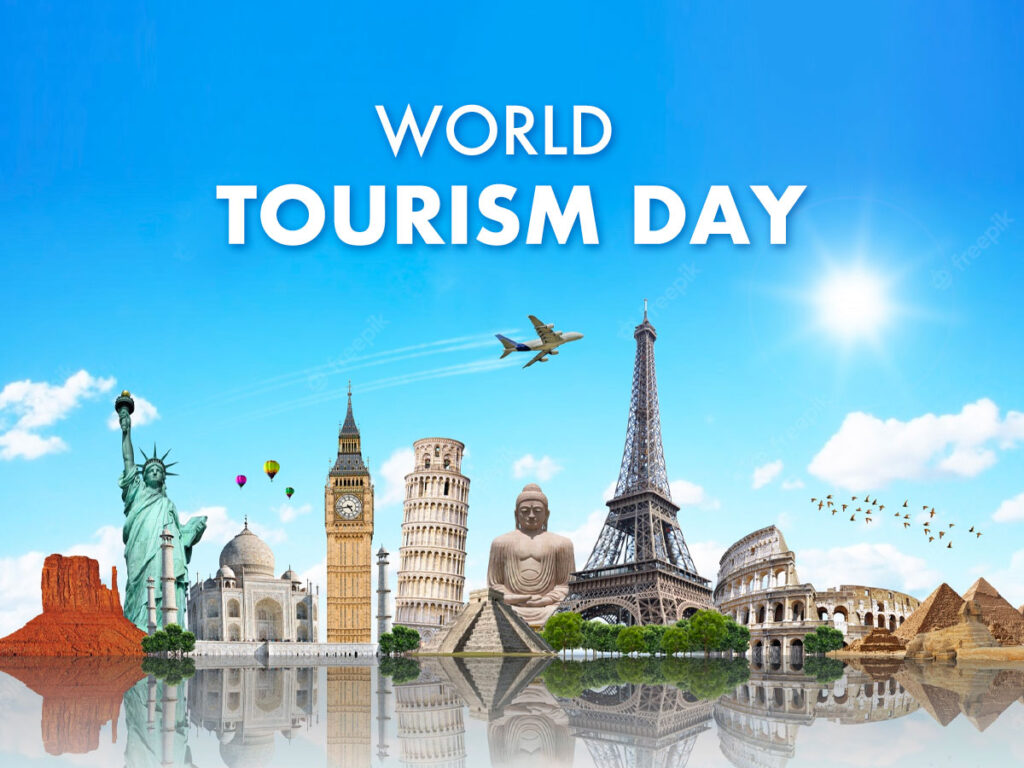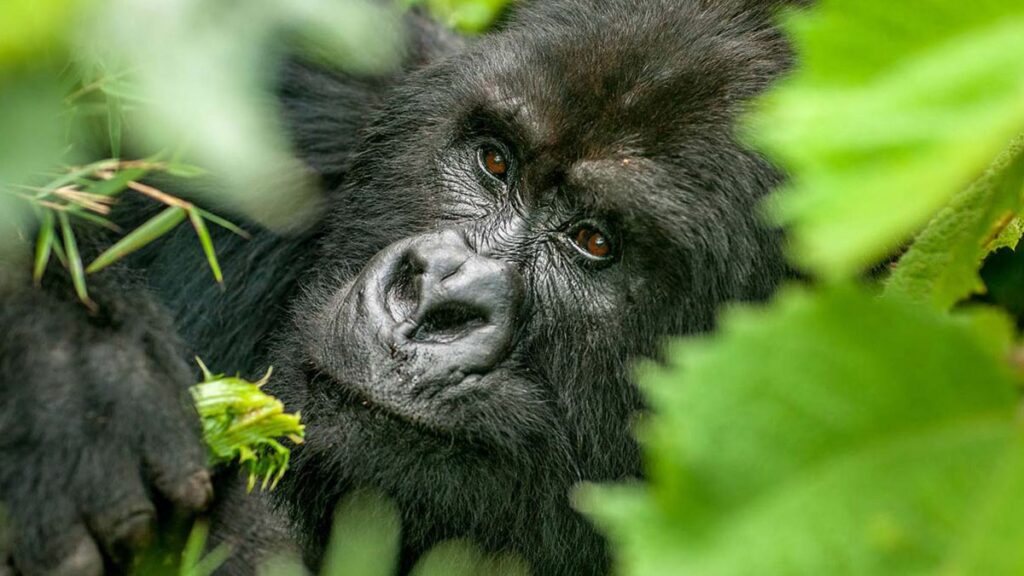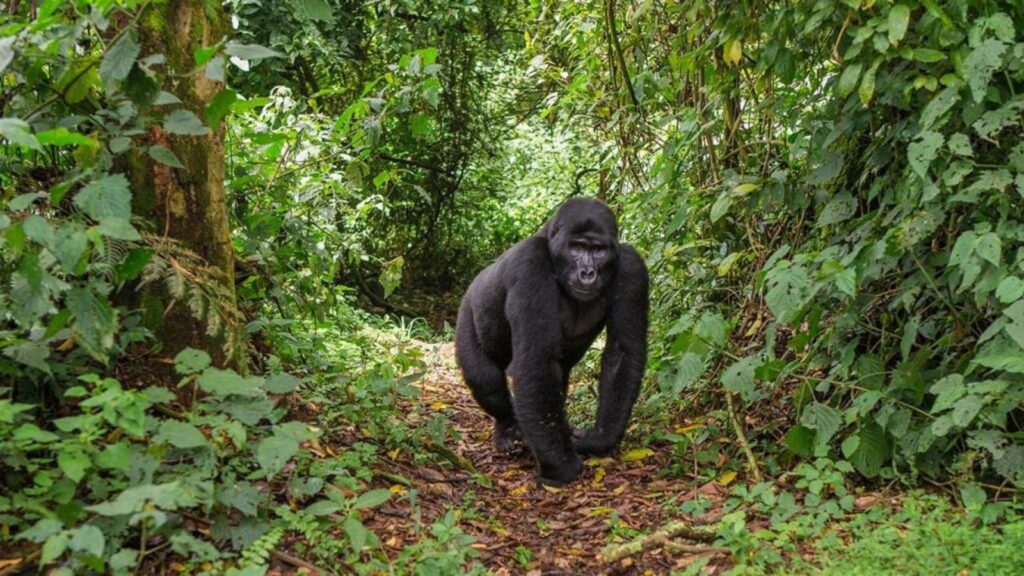Mondika Gorilla Project: Protecting Western Lowland Gorillas in Central Africa
The Mondika Gorilla Project is one of Central Africa’s most important conservation initiatives. Established in 1995, it operates in the Dzanga-Ndoki National Park in the Central African Republic and extends into the Nouabalé-Ndoki National Park in the Republic of Congo. The project focuses on the western lowland gorilla, a species facing serious threats from habitat loss, poaching, and disease.
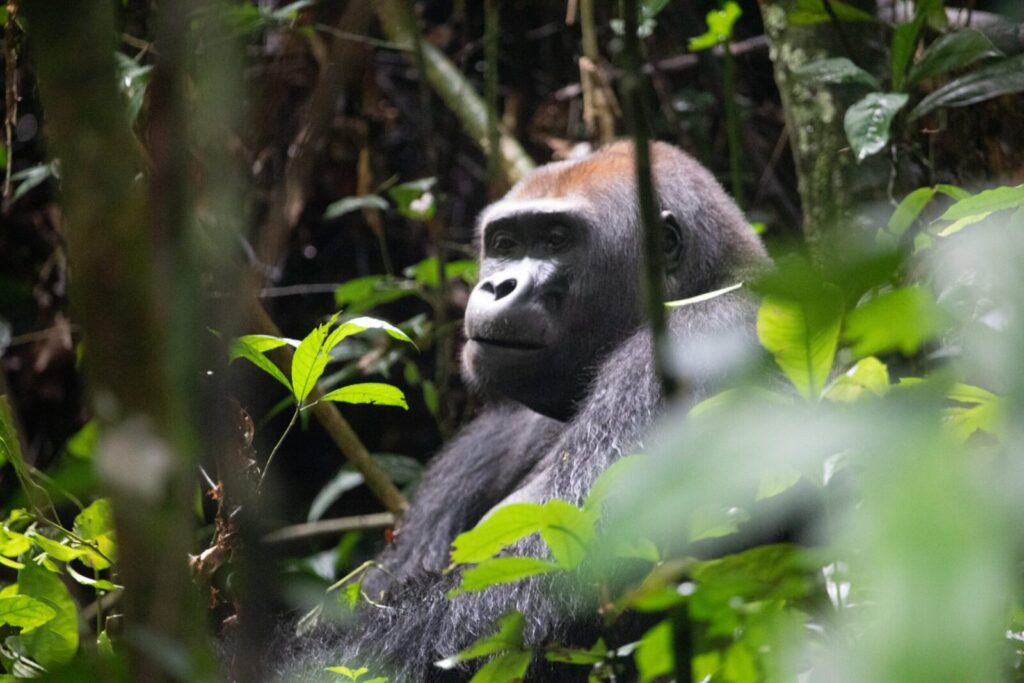
Mission and Objectives
The Mondika Gorilla Project was founded to protect gorillas while promoting sustainable conservation practices. Its work centers on three main areas: gorilla research, anti-poaching efforts, and community engagement. By studying gorilla behavior and ecology, researchers gain insights that guide protection strategies. Anti-poaching patrols safeguard both gorillas and their forest habitat, while community programs create alternatives to activities that endanger wildlife.
Habituation and Research
One of the project’s most notable achievements is the successful habituation of western lowland gorillas. Habituation is the process of gradually acclimating gorillas to human presence, making it possible for researchers — and later, tourists — to observe them closely without disturbing their natural behavior.
This process takes years of patient work by skilled trackers and researchers. Once habituated, the gorillas provide invaluable data on social structures, feeding patterns, and reproduction. These insights not only support conservation in Central Africa but also contribute to global knowledge about gorilla populations.
Tourism and Community Benefits
Tourism plays a growing role in the Mondika Gorilla Project. Limited, well-managed gorilla trekking allows visitors to observe habituated gorilla groups in their natural habitat. Revenue from tourism supports conservation efforts and provides local communities with jobs as trackers, guides, and support staff.
By involving communities in conservation, the project reduces dependence on hunting and unsustainable forest use. It also raises awareness of the importance of preserving gorillas and their ecosystems for future generations.
Conservation Challenges
Despite its success, the project faces ongoing challenges. Poaching, logging, and diseases such as Ebola continue to threaten western lowland gorillas. Political instability in parts of Central Africa also complicates long-term conservation planning. However, the Mondika Gorilla Project’s persistence and partnerships with organizations like the Wildlife Conservation Society (WCS) have strengthened its impact.
Visiting Mondika
Travelers interested in the Mondika Gorilla Project can plan visits through authorized operators in the Republic of Congo or the Central African Republic. Trekking permits are required, and group sizes remain small to minimize disturbance to gorillas. The experience is deeply rewarding, offering a rare chance to observe one of the most endangered great apes in a pristine forest setting.
Conclusion
The Mondika Gorilla Project demonstrates the power of dedicated research, community involvement, and responsible tourism in protecting endangered species. By safeguarding western lowland gorillas and their habitats, the project contributes to global biodiversity conservation while creating opportunities for local people.
For gorilla trekking experiences in Central Africa or to learn more about gorilla permits and guided tours, connect with Gorilla Permits and begin planning your journey into the forests of Congo and the Central African Republic.

